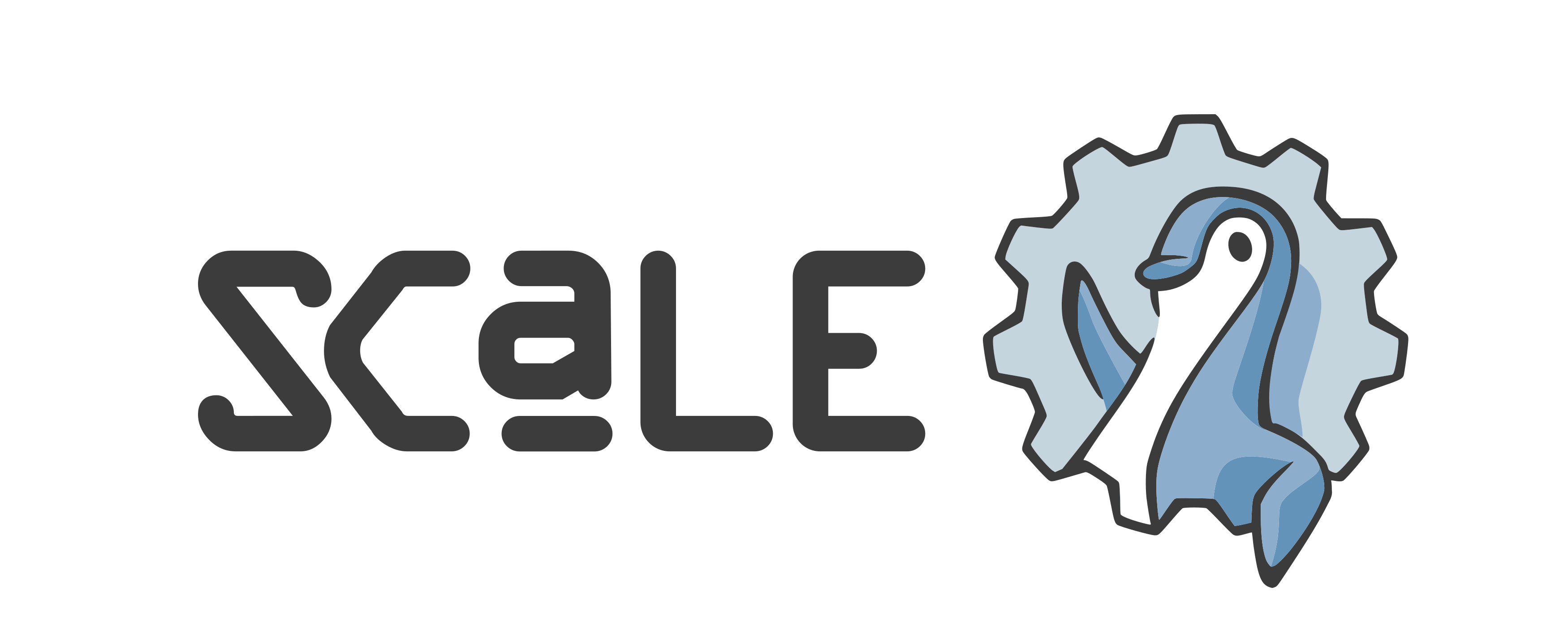OnenLDAP's chief architect Howard Chu took a few minutes to answer some questions from the SCALE Team about his presentation, "What's New with OpenLDAP."
Q: Could you please introduce yourself and tell us a little about your background?
A: I'm the Chief Architect of the OpenLDAP Project and CTO of Symas Corp. I've been writing free software since the 1980s, working on such projects as gcc, gmake, etc. through the years
Q: You're giving a talk on "What's New with OpenLDAP." Without tipping your hand on the actual talk, can you give us an idea of what we might expect?
A: OpenLDAP has been the world's fastest and most scalable directory software since 2005. A lot of this talk will be covering new work that has made OpenLDAP even faster, and how its impact is spreading to other projects, both in the Big Data/NoSQL space and in the small/embedded data space.
Q: Is this your first visit to SCALE? If so, what are your expectations? If not, can you give us your impressions of the event?
A: This is my second visit, but my first visit was back in 2007 (or so, don't recall exactly) so it's been a while and I'm sure the event has grown quite a bit since then. Also in 2007 Symas was based in LA so this was "the event next door" and nowadays we're distributed across the globe. But definitely we feel it's an event worth flying back from Ireland to participate in.
Q: Who still uses LDAP? Big Data is all the rage these days, why should we care about this?
A: In fact all of the telecoms companies of the world use LDAP, and most large enterprises run all of their infrastructure around LDAP. The underlying rules of data storage are the same, no matter how you interface to it - whether thru SQL, LDAP, or so-called NoSQL database technologies. Unfortunately a lot of the NoSQL folks have thrown away the baby with the bathwater in their solutions, and are having to relearn (the hard way) to build systems that work in the real world. We've applied decades of experience to these problems and have a technology that runs rings around everything else.
Q: Is there anything else you'd like to add?
A: I'm pleased to see the growth in interest in Open Source software reflected in the growth of this event. Of course, given the recent revelations about mass spying, it's foolish to trust any system that you can't inspect from top to bottom. It's reassuring to see that more people are awakening to this realization.
[SCALE Team interview by Larry Cafiero]
